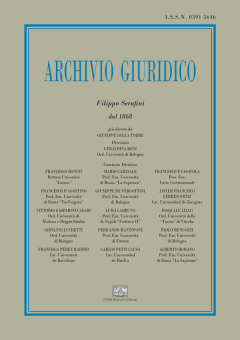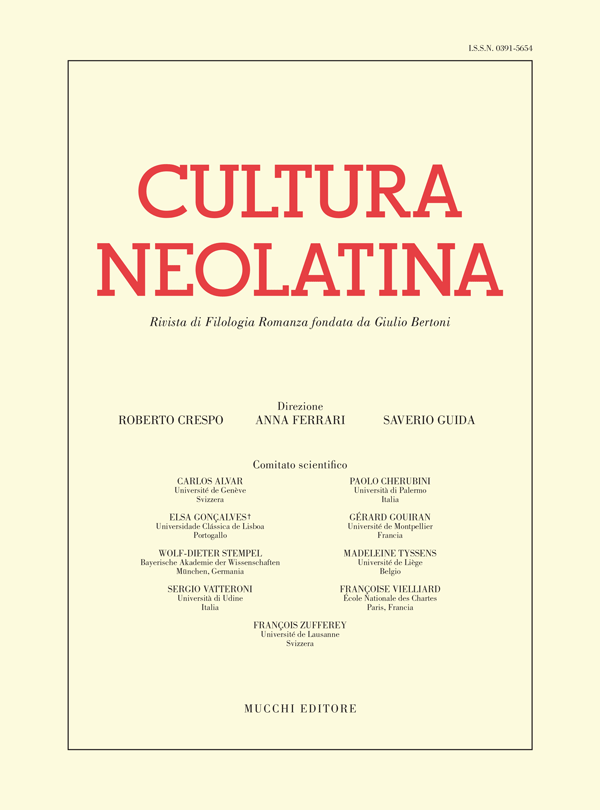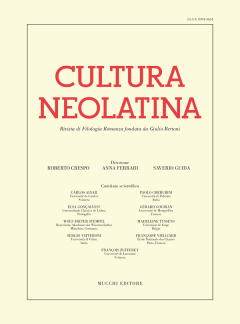Il sirventese religioso Diex est ausis conme li pellicans di Thibaut de Champagne è una testimonianza esemplare della personalità poliedrica del suo autore. Questo testo colto e raffinato, ricco di riferimenti letterari e allo stesso tempo pienamente inserito nel contesto politico contemporaneo, mette in evidenza l’attenzione con cui il re di Navarra segue e recepisce la produzione più recente della letteratura romanza e partecipa alla polemica contro l’ipocrisia religiosa tipica del tempo della crociata albigese, entrando in dialogo con i testi di alcuni trovatori. La rilettura attenta del testo permette di mettere in luce alcuni aspetti inediti della personalità politica del conte di Champagne e re di Navarra, grande protagonista della prima metà del XIII secolo: il suo impegno nella crociata albigese e nella crociata in Terra Santa, i rapporti turbolenti ma mai interrotti con la corte reale francese e la simpatia per il ruolo e la figura dell’imperatore Federico II. La nuova edizione che qui si propone applica le indicazioni emerse dal riesame della tradizione manoscritta del Liederbuch di Thibaut e valorizza la lezione conservativa di alcuni testimoni solitamente trascurati come S e B.
Thibaut de Champagne’s religious ‘sirventes’ Diex est ausis conme li pellicans is an exemplary testimony to the multifaceted personality of its author. This text is cultured and refined, full of literary references and at the same time completely integrated into its contemporary political context. It highlights how careful the King of Navarre is in drawing upon the most recent production of romance literature; but it also participates in the polemic against religious hypocrisy typical of the time of the Albigensian crusade, entering into dialogue with the texts of other troubadours. An in-depth reading of the text allows us to highlight some new aspects of the political personality of the Count of Champagne and King of Navarre, a leading figure of the first half of the thirteenth century: his commitment to the Albigensian and oriental crusades, his stormy but unbroken relationships with the French royal court, and his sympathy for the role and figure of the emperor Frederick II. The new edition offered here exploits information emerging from a re-examination of the manuscript tradition of Thibaut’s Liederbuch and highlights the excellent readings of some usually neglected manuscripts such as S and B.




